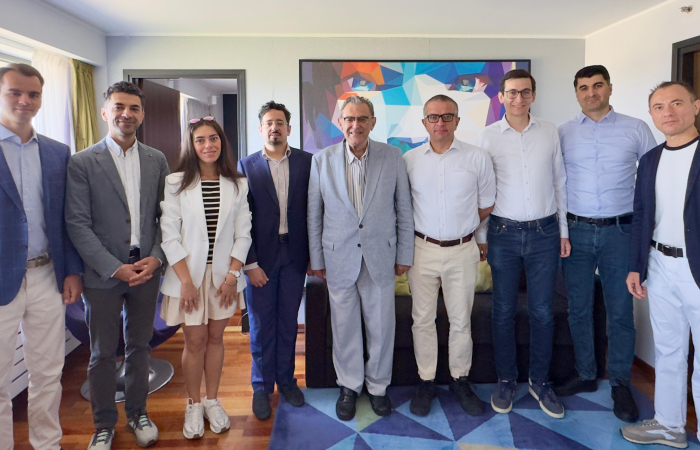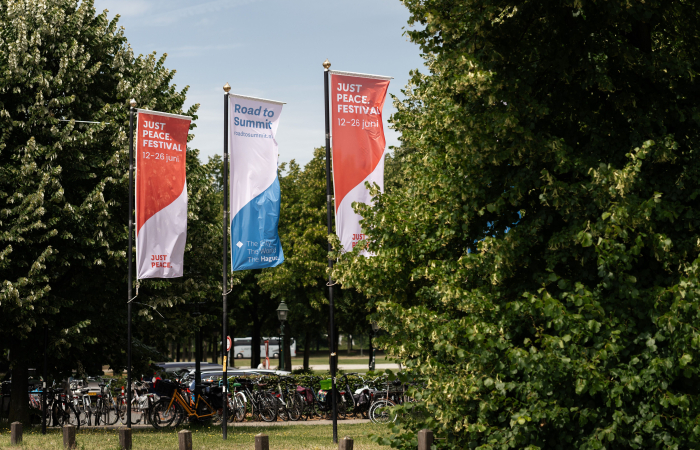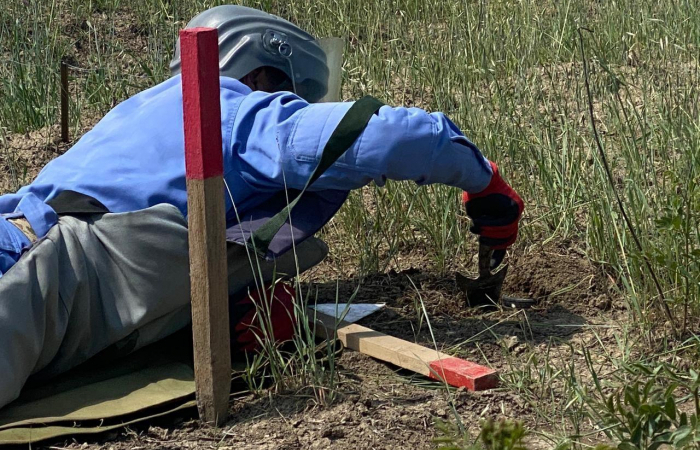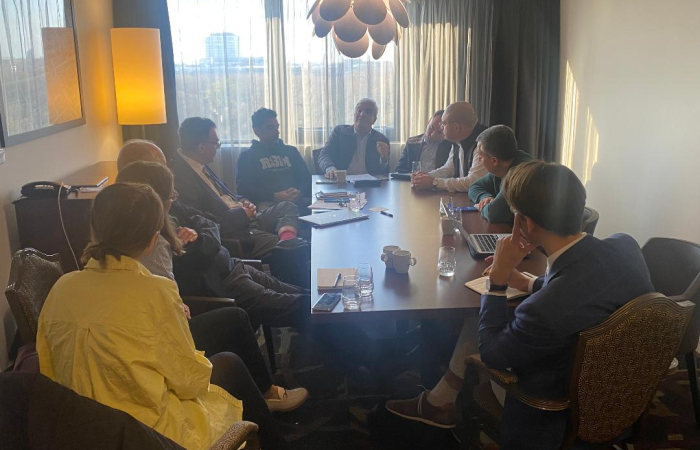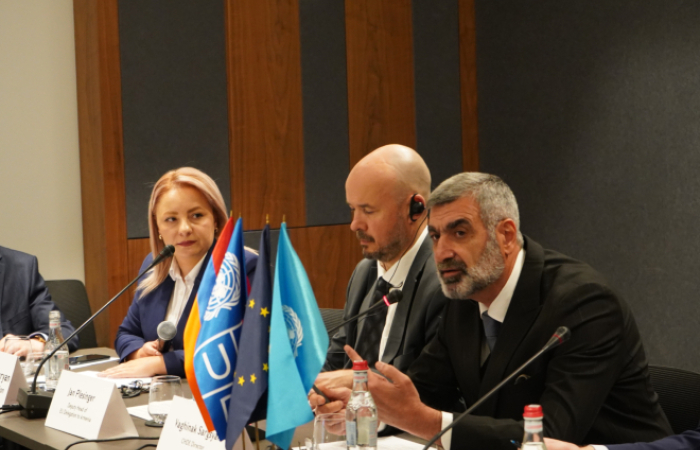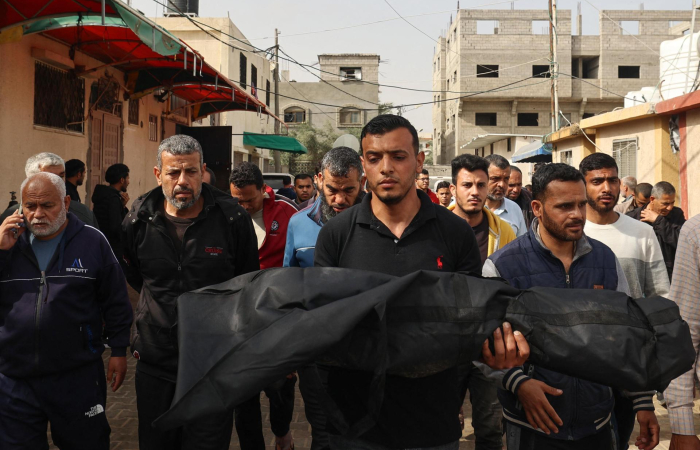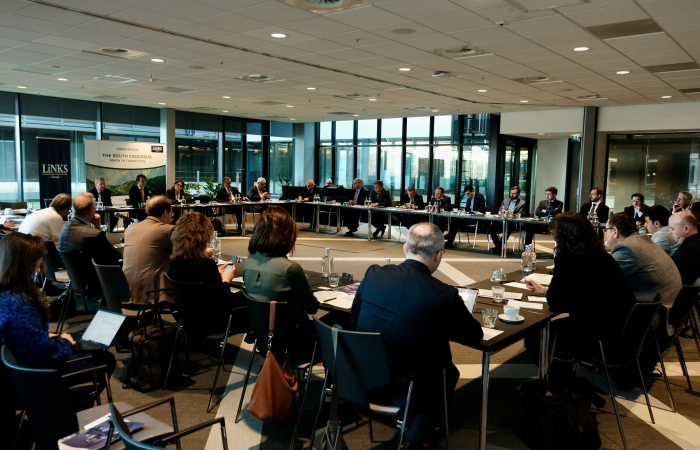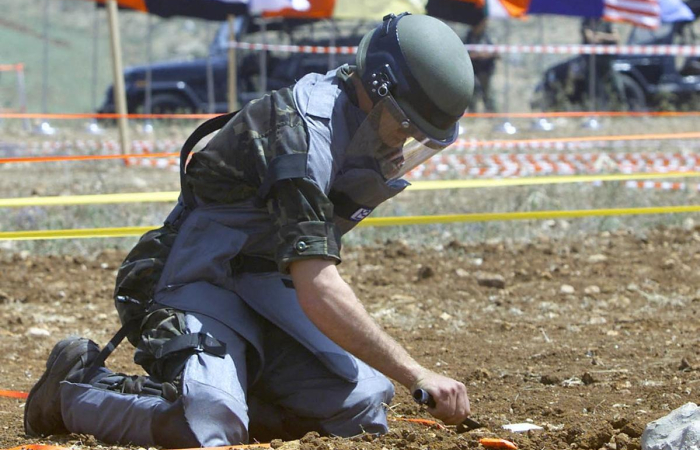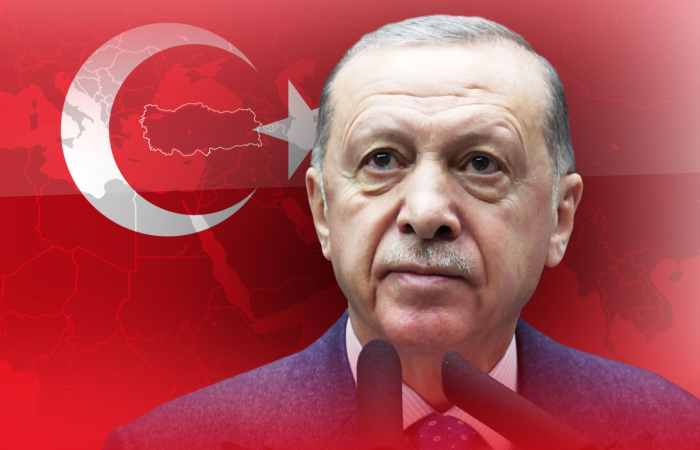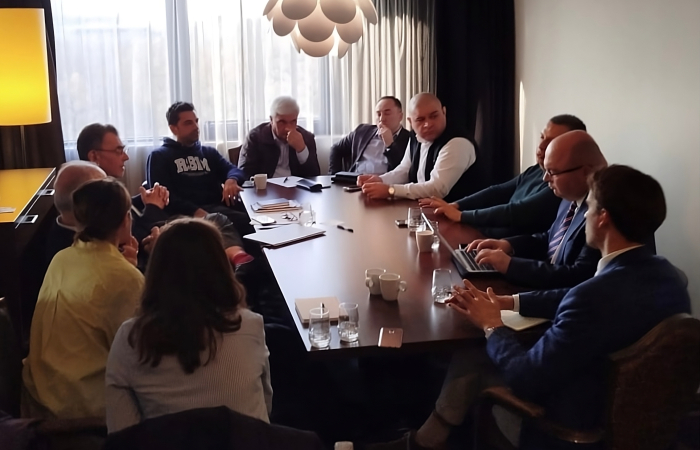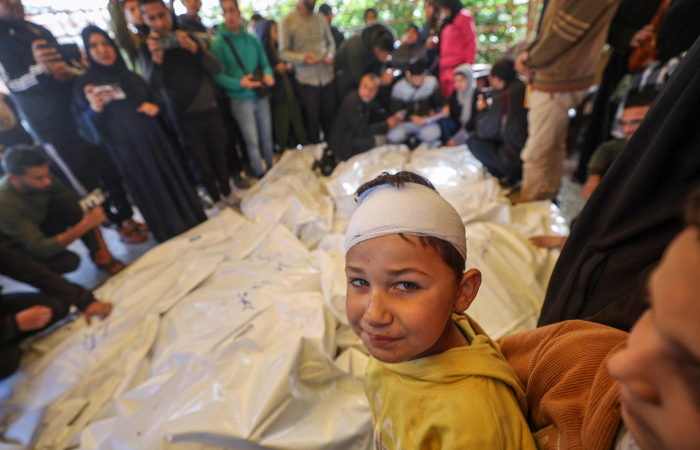Trending
Dozens participate in new Armenia-Azerbaijan dialogue process as societies prepare for the signing of historic peace agreement
6 July 2025
The governments of Armenia and Azerbaijan have recently agreed the text of a historic peace agreement that ends years of animosity and warfare. The agreement is expected to be signed soon.
LINKS Europe, which has a long history of engagement with the process of peace in the region, recently launched a new Armenia-Azerbaijan dialogue format in the framework of the European Union's EU4Peace initiative. In the last two weeks dozens of Armenians and Azerbaijanis, including academics, students, civil society activists, journalists and other professionals, many of them young, were involved. The work is organised in five thematic groups focusing on peace and security, connectivity, environment, governance and gender and equality and in phase 2 of the project, which has just ended, around fifty participants took part in in-person and online meetings, and more than twenty others were involved indirectly.
The Chairpersons of the five thematic groups met in Vilnius, 3-6 July to launch the third phase of the program. The five thematic groups are now working on separate reports, which are expected to be finished in November and presented to the two governments and other stakeholders. The reports will outline a vision, up to 2040.



